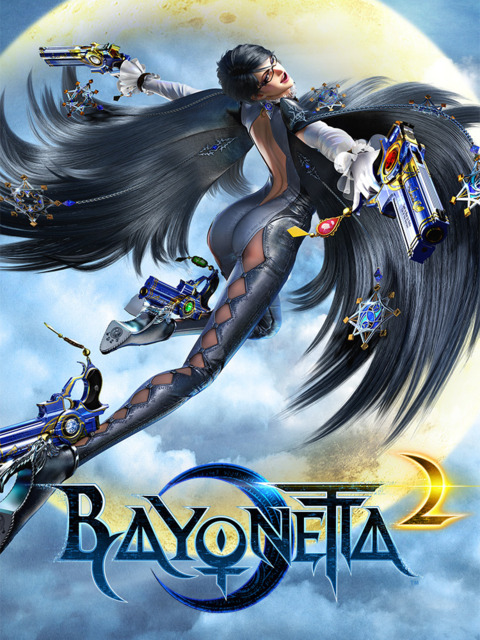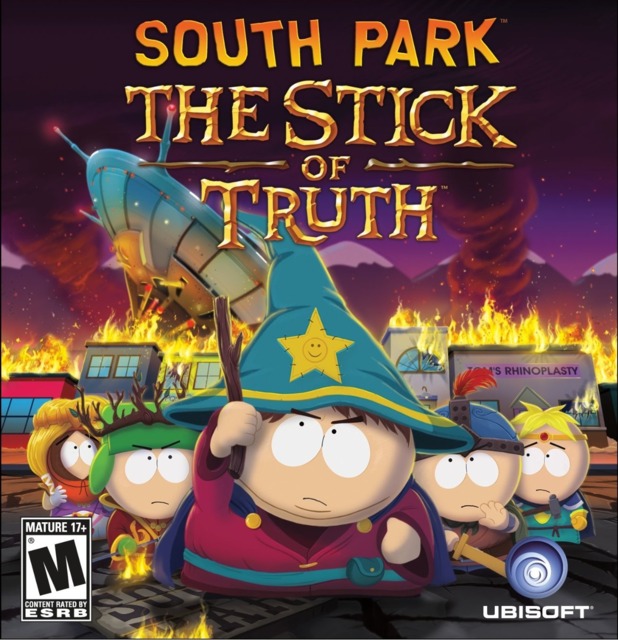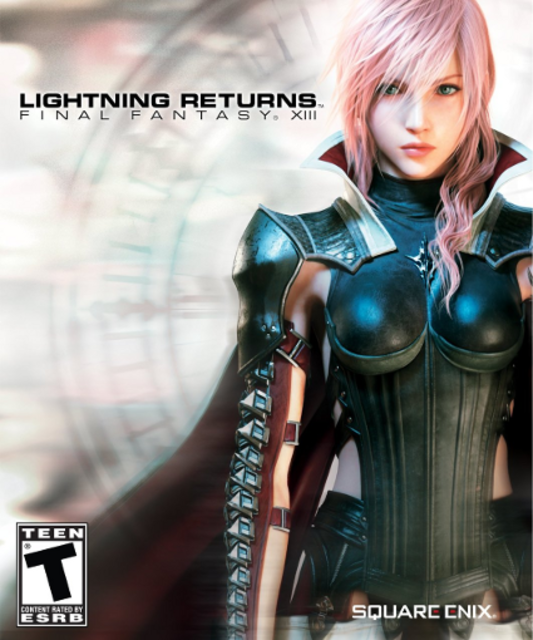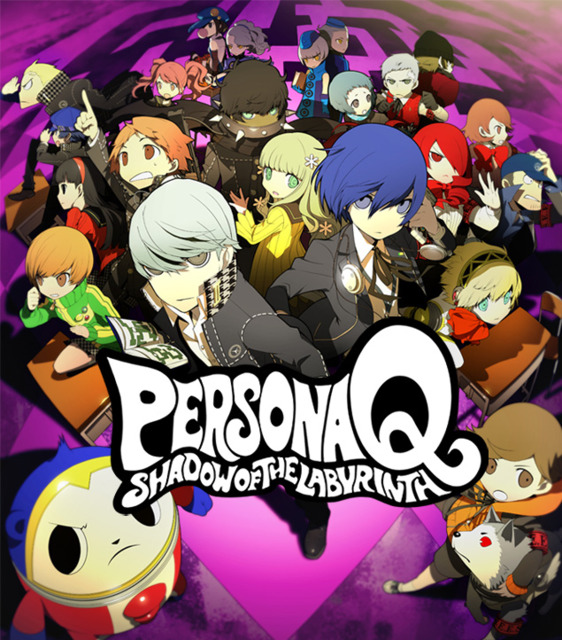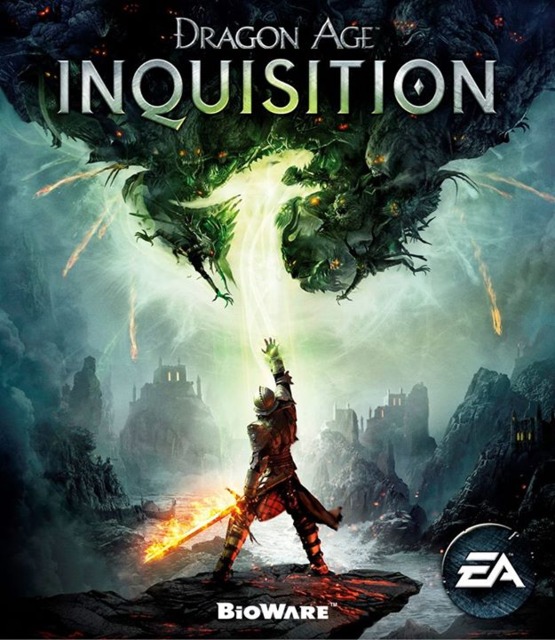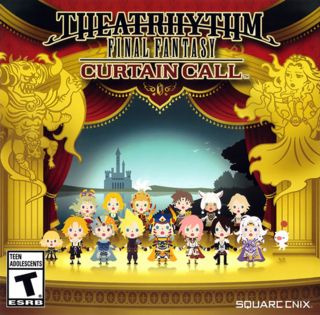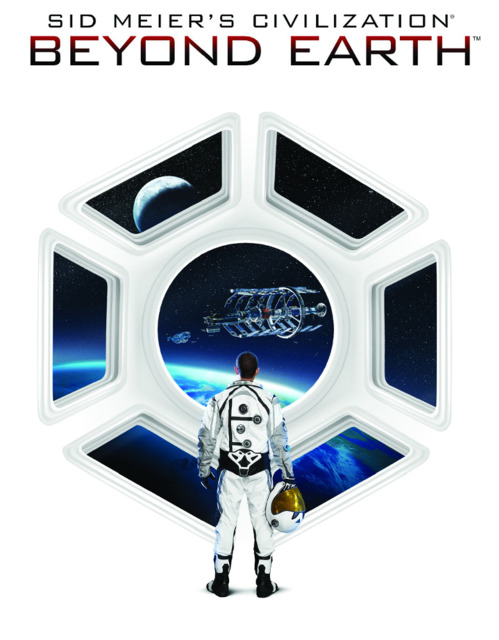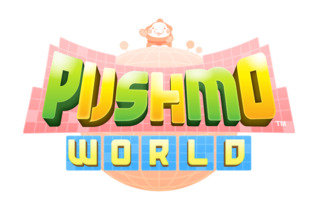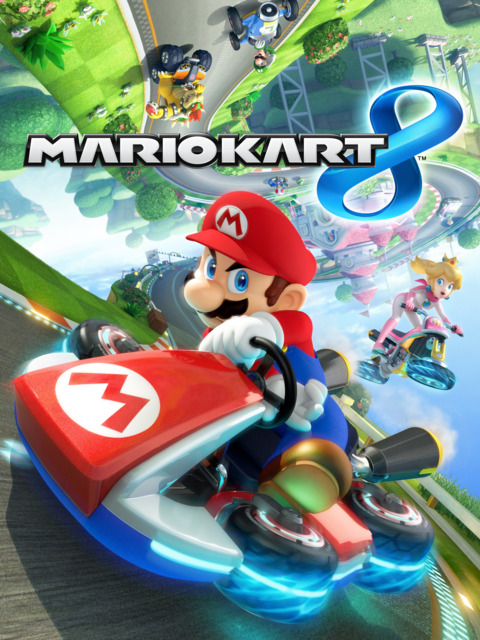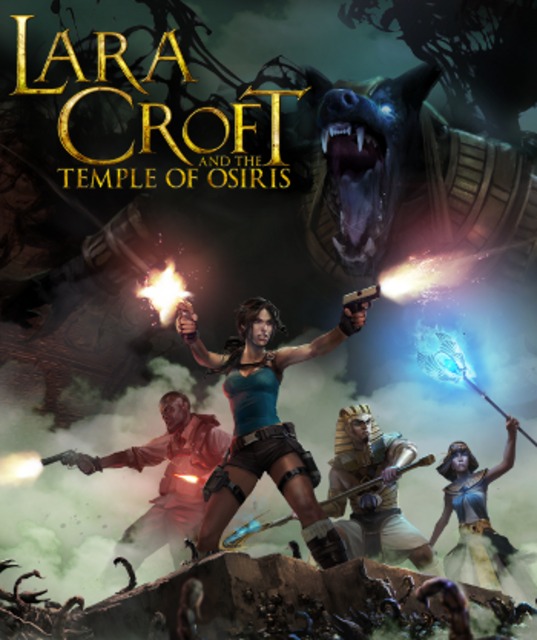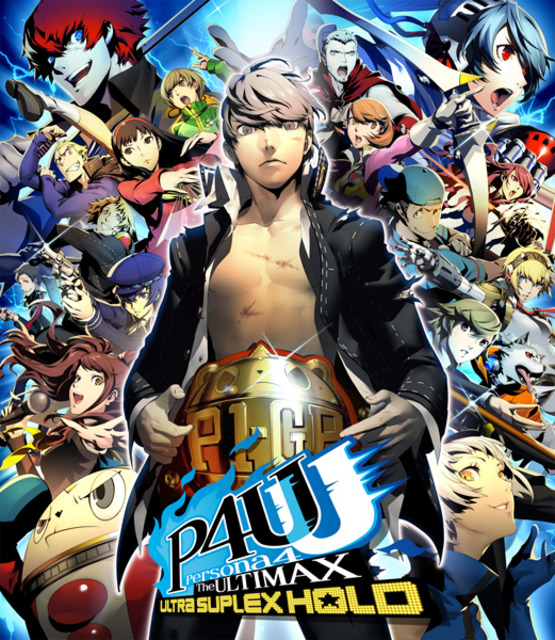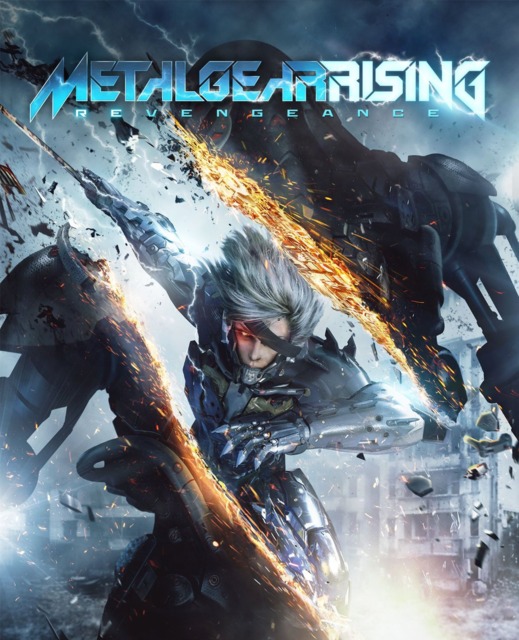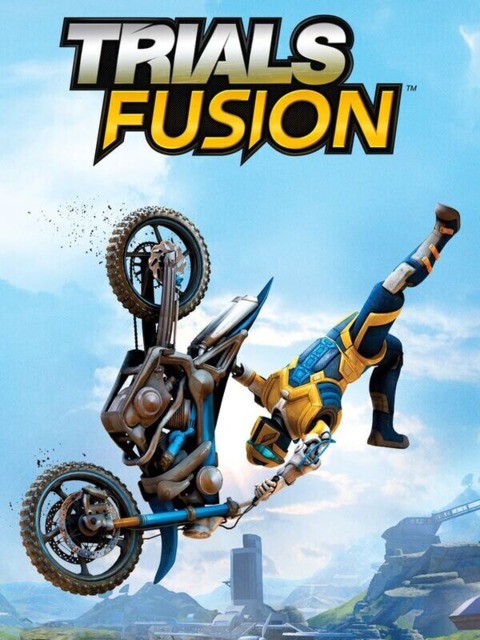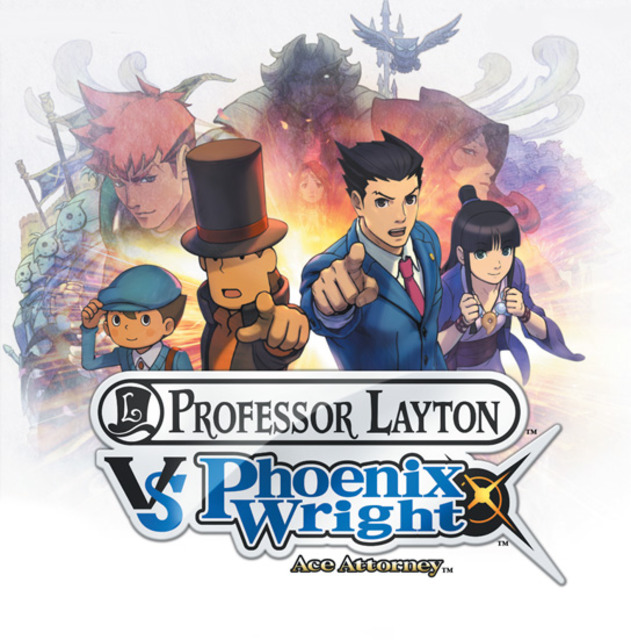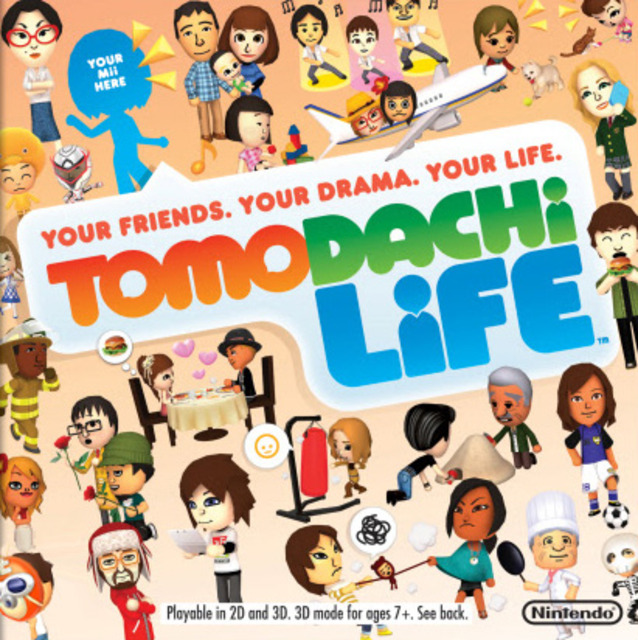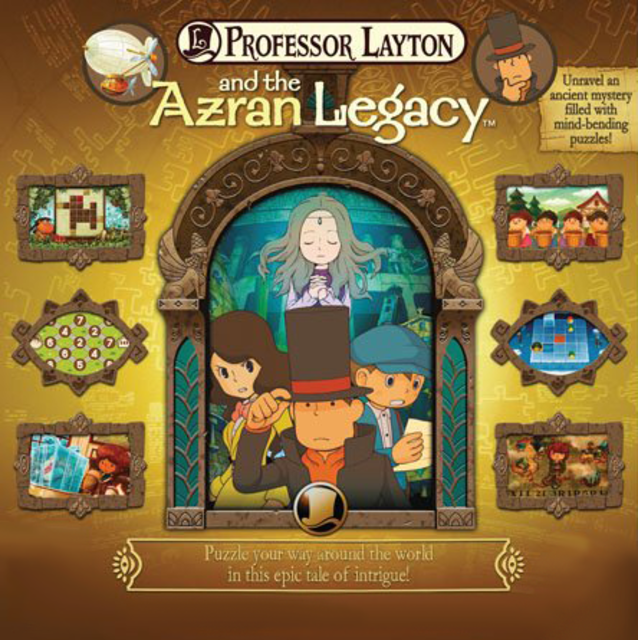It’s been awhile since I played Civilization V extensively, but its core mechanics are still what allows me to understand grand turn-based strategy games such as this, which, unsurprisingly, is very similar to it in basic concept and execution. People aren’t wrong when they voice their disappointment with how similar it is to its predecessor, laden with now and forever futuristic hexagons, on the map and even on some leaders’ dress attire, and in how it plays in general. But I feel that’s where the direct comparisons end. As it is now, it bears some elements of a fully expanded Civilization 5, yet it isn’t quite there just yet, but why would you want that, it is in space after all.
Despite that, a few renamed units here and there and different colored tile sets, and that’s Beyond Earth for you. But not quite. Beginning with techs you normally have to spend turns researching in a normal Civilization game, your workers come prepared for whatever base terrain your people have landed on, so no researching how to build mines and the like and relying on knowledge of what material swords are composed of. Most war units no longer rely on whatever available resources you have, but your grasp on your people’s attunement level with the given planet, or as they calls it - affinity.
If anything, Beyond Earth has made unit maintenance more convenient thanks to affinity, no longer asking for the player to build different and more able-bodied units or call back any obsolete units for an upgrade, as they all upgrade on the spot wherever they may be. Rather than a huge selection of units for you to play war with, they evolve and thus leave behind less menu clutter, so no caravels and triremes and frigates divvying your experience points gained from ravaging the handful of alien lifeforms.
What is possibly the biggest loss the game suffers from is its lack of given idiosyncrasies. No longer do you have Gandhi be an atypical aggressive jerk, you now have amalgamations of some general populaces or unions between similar peoples - “Polystralia” and “Slavic Federation,” for example. And with that, the loss of “world music” so to speak. While this game is the perfect podcast game, I, nonetheless, made sure to listen to the music, and after playing through four games, I haven’t really noticed much of a difference between the different sponsors I played as. They all sound like music that could have been in XCOM: Enemy Unknown, but dropped into this since I suppose the inclusion of aliens makes it fit.
Even if it’s more Civilization V, the push toward quests and stage-based victories make for a less aimless and more attentive game than it does its predecessor, and with that it creates a flawed near-soulless experience that does enough differently to keep my attention.
3/5

